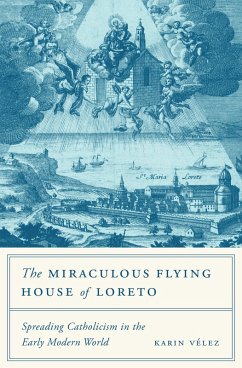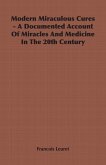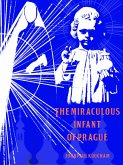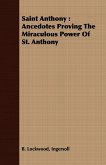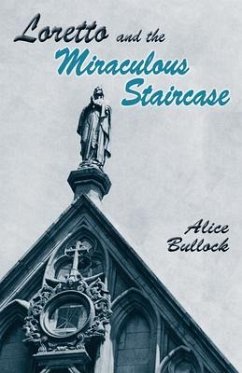In 1295, a house fell from the evening sky onto an Italian coastal road by the Adriatic Sea. Inside, awestruck locals encountered the Virgin Mary, who explained that this humble mud-brick structure was her original residence newly arrived from Nazareth. To keep it from the hands of Muslim invaders, angels had flown it to Loreto, stopping three times along the way. This story of the house of Loreto has been read as an allegory of how Catholicism spread peacefully around the world by dropping miraculously from the heavens.
In this book, Karin Vélez calls that interpretation into question by examining historical accounts of the movement of the Holy House across the Mediterranean in the thirteenth century and the Atlantic in the seventeenth century. These records indicate vast and voluntary involvement in the project of formulating a branch of Catholic devotion. Vélez surveys the efforts of European Jesuits, Slavic migrants, and indigenous peoples in Baja California, Canada, and Peru. These individuals contributed to the expansion of Catholicism by acting as unofficial authors, inadvertent pilgrims, unlicensed architects, unacknowledged artists, and unsolicited cataloguers of Loreto. Their participation in portaging Mary's house challenges traditional views of Christianity as a prepackaged European export, and instead suggests that Christianity is the cumulative product of thousands of self-appointed editors. Vélez also demonstrates how miracle narratives can be treated seriously as historical sources that preserve traces of real events.
Drawing on rich archival materials, The Miraculous Flying House of Loreto illustrates how global Catholicism proliferated through independent initiatives of untrained laymen.
In this book, Karin Vélez calls that interpretation into question by examining historical accounts of the movement of the Holy House across the Mediterranean in the thirteenth century and the Atlantic in the seventeenth century. These records indicate vast and voluntary involvement in the project of formulating a branch of Catholic devotion. Vélez surveys the efforts of European Jesuits, Slavic migrants, and indigenous peoples in Baja California, Canada, and Peru. These individuals contributed to the expansion of Catholicism by acting as unofficial authors, inadvertent pilgrims, unlicensed architects, unacknowledged artists, and unsolicited cataloguers of Loreto. Their participation in portaging Mary's house challenges traditional views of Christianity as a prepackaged European export, and instead suggests that Christianity is the cumulative product of thousands of self-appointed editors. Vélez also demonstrates how miracle narratives can be treated seriously as historical sources that preserve traces of real events.
Drawing on rich archival materials, The Miraculous Flying House of Loreto illustrates how global Catholicism proliferated through independent initiatives of untrained laymen.
Dieser Download kann aus rechtlichen Gründen nur mit Rechnungsadresse in A, D ausgeliefert werden.

